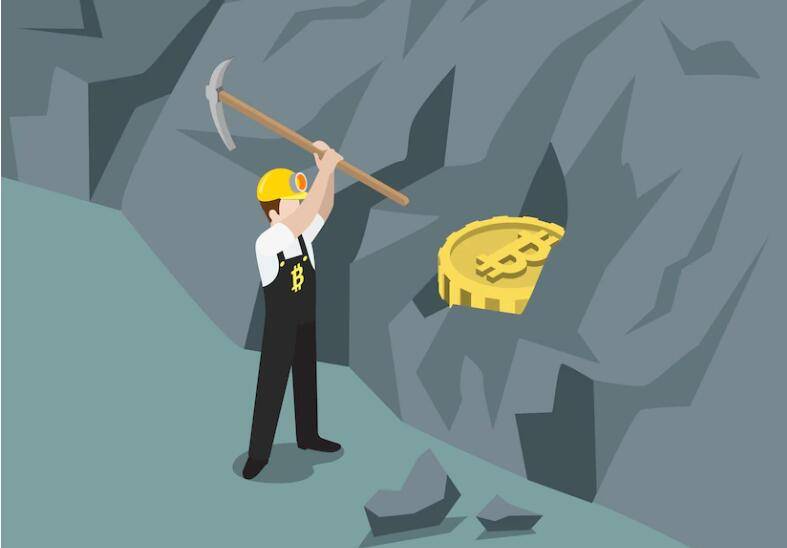Power purchase agreement is an agreement reached between two or more institutions, which aims to distribute the rolling power of the manufacturer to users. The agreement has several components, including the amount of energy consumed, the price of electri
Shared by Xiaobian, Bitcoin miners are under great pressure. The price of Bitcoin has dropped by about 75% from its historical high. Today's market hardly gives miners a chance to breathe. For many end consumers, the energy price has risen by double digits, which is driven by such platitudes as inflation, the conflict between Russia and Ukraine and the vacillating green energy policy. In this article, we will talk about how the power purchase agreement is constructed, and how it is related to the entrusted mining.

Power Purchase Agreement
Power purchase agreement is an agreement reached between two or more institutions, which aims to distribute the rolling power of the manufacturer to users. The agreement has several components, including the amount of energy consumed, the price of electricity and the rights of both parties under specific conditions.
First, the energy load to be consumed is based on the amount of energy that can be sold by the producer and the amount that can be used by the buyer. It is worth noting that the buyer has locked in the use of this energy. For example, failure to use a 5 megawatt (MW) load in an aluminum refinery may cause problems with the generator.
There are several forms of energy purchase contracts. In addition to greater market conditions, the variable model also purchases energy at market clearing prices based on the demand and supply of locally available fuel. The fixed mode will purchase a certain load from the generator at a fixed price, and usually there will be a higher markup to protect the downtrend of the generator. Finally, the cost plus model will see a fixed rate, in which a variable part depends on other factors, such as the average market price of energy or the additional load brought to the grid.
The rights and conditions of producers and buyers are biased towards producers. They should not only manage their own bottom line, but also manage all other energy buyers on the grid. The contract terms enable the generator to cut off the power supply (load shedding, power limitation, etc.) according to the demand of the local power grid for any end user. The rate will also vary with the operating relationship between the generator and any buyer.
A sentence that no operator would like to hear is force majeure, which means that both parties are relieved from the arrangement due to special circumstances. Here, power producers invalidate all contracts according to their requirements for energy production.
Trusteeship and mining
Most Bitcoin miners do not buy energy from the grid. Usually, only large miners can buy enough energy from a specific grid to occupy a place on the negotiation table. Small miners, take any miner less than 10 megawatts for example. Energy is not usually purchased directly from the grid. Instead, it usually buys from escrow providers: people who subcontract with local generators, who further break down energy contracts into sizes that can be consumed by others.
In the last bull market, a large number of specialized hosting service providers emerged, transforming low energy costs and high demand for rack space into plug and play services. Well known Bitcoin companies such as Compute North, Blockstream, Core Scientific and Riot Blockchain provide hosting space for third-party customers. Some customers only want a few rack locations, while others want dozens of MWs. Thousands of other private groups have joined in, learning while walking.
These hosting providers become the second pancake in the stack, with the generator at the bottom and the hosting client at the top. Considering the legal rights of everyone below, third-party custody clients may be in danger. The generator can be switched off to meet local needs. Hosted service providers can support their own devices and shut down other customers. And the third party itself usually lacks insight or the right to maintain their own unit on the hosting site. In addition, the third party does not have PPA, because they do not directly purchase energy from generators, but only negotiate terms and services.
summary
The above content explains what the power purchase agreement is and the relationship between the entrusted mining and the power purchase agreement. Generally, power purchase agreements are the saviour of miners with periodic awareness. Energy hungry miners trade electricity with the cheapest generators or owners to keep their machines running during the recession. Ironically, Bitcoin produced by asset miners failed to become the inflation hedging tool they now need. This may be the reason why so many public mining companies hold the shares when selling due to their cautious actions.
















 Tue, 18 Apr 2023
Tue, 18 Apr 2023
